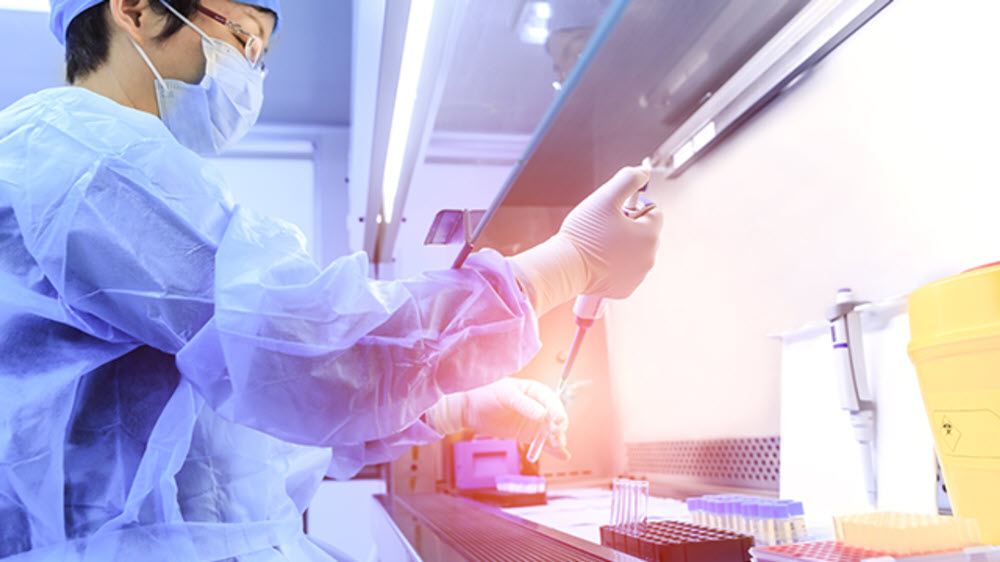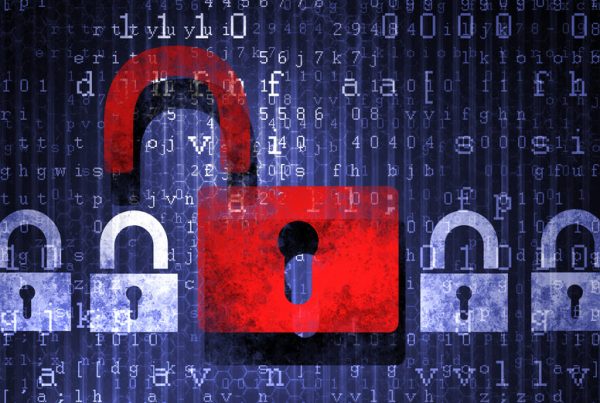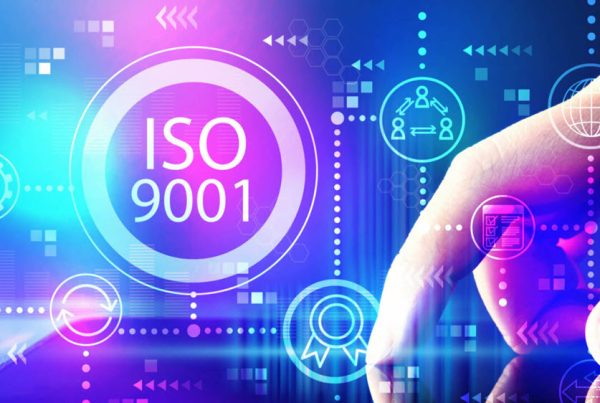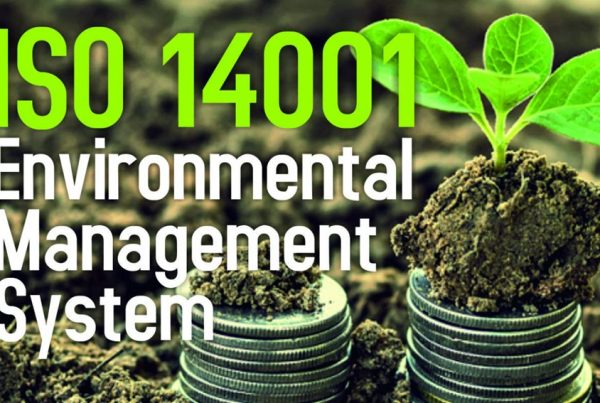The International organisation for Standardisation ISO is an international body that sets the standards of operation for different businesses. It is based in Geneva, Switzerland, and runs its operation in 165 countries. ISO has established global standards for different industries. Following is a list of common ISO Standards
- ISO 9001 – Quality Management
- ISO 27001 – Information Security Management
- ISO 14001 – Environmental Management
- ISO 50001 – Energy Management
- ISO 17025 – Testing and Calibration Laboratories
What is ISO 170125?
ISO 17025 helps laboratories in operating competently, generate reliable results and demonstrate their capability for both national and international clients. The ISO 17025 laboratory accreditation enables organisations from different countries to trust and accept the laboratories result, which is vital for the improvement of international trade.
Importance of ISO 17025
ISO 17025 is mutually beneficial for laboratories managed by the government, non-government, industry, inspecting bodies, academic institutes, product certification, etc. it enables them to perform testing, sampling and provides reliable results. ISO last revised the standard in 2017 to make it compatible with market changes.
What Do These Laboratories Do?
Calibration Laboratories measures the instruments accuracy by comparing it to a known one. For example, calibration is used for measuring scales in a grocery store to ensure they are accurate. While testing laboratories differentiate an item by the character of its components.
Requirements for ISO 17025 Laboratory Accreditation
The structure of a ISO 17025 laboratory accreditation is divided into 5 sections
- General Requirements demand all laboratory work to be impartial i.e. never compromise results under financial, commercial, or organisational pressure. It also requires that the results obtained will be kept confidential. Both are important to gain the trust of the customers.
- Structural Requirements defines the management system of a laboratory and the range of its operation. It determines the relationship between laboratory and customers, laboratory and government bodies, and decides their roles and responsibilities.
- Resource Requirements sets the standard of facilities, equipment and support systems required to perform routine activities.
- Process Requirements involve the process of handling test kits, sampling keeping technical records, and reporting of tests. It also deals with the methodology to deal with complaints from customers.
- Management System Requirements deals with management related problems like making policies, drawing objectives, keeping documentation and records, assessing opportunities and risks involved and establishing a Quality Managing System. It also outlines the laboratories need for conducting internal audits.
Steps to attain ISO 17025 Laboratory Accreditation
ISO 17025 Laboratory accreditation can be attained by fulfilling 8 simple steps:
Acquire Basic Knowledge Regarding ISO17025
The first step is to receive training, learning about organisational needs, complete know-how of the standards needed and their revised version. Check if you need any additional supporting standards or not.
GAP Analysis
GAP analysis involves comparing the current performance with the desired performance. Performing a GAP analysis helps you to determine the changes required. You can make a checklist of requirements or seek the help of an ISO 17025 Consultant.
Plan Your Project
Once you have your ISO 17025 gap analysis results, make a list of goals to be achieved and plan a strategy to achieve goals one by one.
Educate the Colleagues
Train your employees on the requirements for ISO 17025 and how the management system will impact their role and responsibilities.
Design Your QMS
Redesign your Quality Management System (QMS) to make it compatible with the requirements of a ISO 17025 laboratory accreditation.
Improve the QMS
Evaluate the performance of your QMS for at least three months. Rectify the mistakes and identify opportunities for continual improvement.
Examine the Performance
Conduct internal audits to check the compatibility of your QMS with the ISO 17025 standard. This also drives continual improvement within your laboratory.
Goal Achieved
Your organisation is almost ready to get accredited to ISO 17025. The last step is to arrange the accreditation audit from the external body. For UK, UKAS is the country’s assigned body to conduct these audits and provide the accreditation.
Generally, it takes three months to one year to be prepared for the assessment of laboratory accreditation, depending on resources and experience. The perks of being an ISO 17025 accredited involve recognition and demonstrated capability among other laboratories. An ISO 17025 laboratory accreditation gives an advantage over competitors and provides monetary as well as managerial benefits to an organisation.
If you are looking to develop or improve your ISO 17025 laboratory management system, the contact us for a free consultation on how we can assist with your project.





